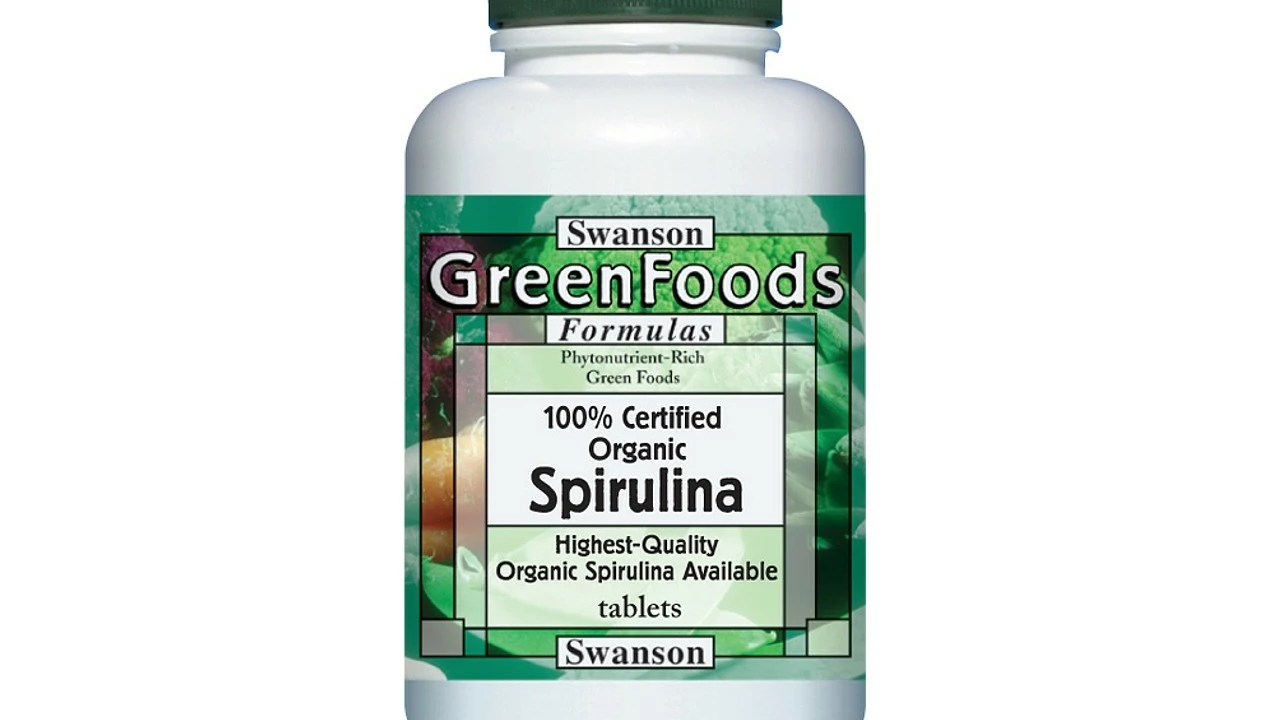Spinach Supplements: What They Do and Who They Help
Want the nutrients of spinach but short on time? Spinach supplements—powders, capsules, and extracts—pack leafy-green nutrition into an easy form. They can boost folate, iron support, vitamin K, and plant nitrates that may help blood pressure. If you’re curious whether a supplement makes sense for your routine, this guide gives clear, practical tips so you can decide fast.
Benefits and Uses
Spinach supplements are handy when you don’t eat enough fresh vegetables. A typical serving adds folate (important in pregnancy and cell repair), vitamin K (important for bones and clotting), and plant nitrates. Small trials and dietary studies link nitrates from leafy greens to modest drops in blood pressure and improved blood flow. If you’re an athlete, nitrates can also help endurance during short intense efforts.
Many people use spinach powder in smoothies, soups, or mixed into yogurt. Capsules suit travelers or anyone who dislikes the taste. Some extracts focus on concentrated components—like lutein for eye health or concentrated nitrates for cardiovascular support—so check the label to know what you’re buying.
Safety and Buying Tips
Watch for oxalates. Spinach has oxalates that can raise the risk of kidney stones in people prone to them. If you’ve had calcium oxalate stones, talk to your doctor before adding regular spinach supplements. Also mind vitamin K: if you take blood thinners (warfarin or similar), consistent vitamin K intake matters—don’t change it suddenly without medical advice.
Start small. Try a half serving for a week to see how your digestion reacts—some people get bloating or gas from concentrated greens. If you want better iron absorption, combine the supplement with a vitamin C source (a squeeze of lemon in your smoothie) rather than taking it alone with coffee or tea, which can block iron uptake.
Pick quality over hype. Look for products with: organic or clearly sourced spinach, third-party testing (USP, NSF, or similar), transparent concentrations (how much spinach per serving), and no hidden fillers or excessive added sugars. If a product promises unrealistic results ("detox in 3 days") skip it.
Compare forms by need: powders give more flexibility and higher nutrient yield per serving; capsules are convenient; extracts can target specific compounds but often cost more. Always follow the label dose and consult a health professional if you’re pregnant, nursing, on medication, or have kidney issues.
Want a simple plan? If you rarely eat greens, add one serving of a reputable spinach powder to your daily smoothie and pair it with a vitamin C source. Track how you feel for two weeks, and if you’re on medication, run it by your clinician first. Small, consistent changes beat occasional binges when it comes to real nutritional gain.
Spinach Supplements: The Green Gold of the Dietary Supplement Market
In the world of dietary supplements, spinach products are quickly becoming the green gold. They're packed with nutrients like iron, calcium, and vitamins A, C, and K, making them a popular choice for health enthusiasts. Supplements allow you to enjoy these benefits without needing to consume large amounts of fresh spinach. As more people look for natural health boosters, the market for these supplements is set to grow. So, if you're looking to enhance your diet, spinach supplements might be worth exploring.
© 2026. All rights reserved.

